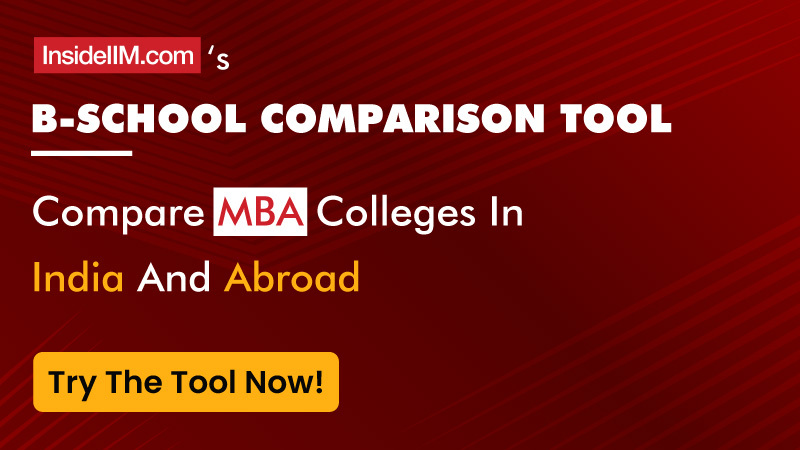The history of media can be traced long back to the ancient era when views were expressed on a wider scale only through dramatics and plays. Then came the paper, the tabloids, the newspapers, the printing press and now one can get to know about any corner of the world just by tapping some fingers on the mobile screen. Sitting in your own rooms, you get the complete information about what is going on in some part of a completely different continent. There is a huge bulk of information which is being disseminated every minute, every second through both online and offline portals.
This incredible tool of media gives us a sense of power with respect to voicing our opinions freely. The oppressed get to reach out to a mass audience with their grievances, any issue is easily converted into national debates, a new product or a film is easily launched through this very essential invention called media. If one wants to express her views as a third party regarding any national or international issue, she just needs to go to any social media platforms and type out her thoughts. Media has helped in overcoming one of the major barriers in the communication process, which is that of the geographical distances. This feature of Media, which lets people, be freely voluble about their opinions made democratic countries all over the world include Media as the fourth wheel of Democracy.
Democracy is about giving power in the hands of the people of the nation and letting them be their own rulers, giving sense to the statement- ‘by the people, for the people and of the people”. Media enhances the concept of democracy because it assists people in reporting when something goes wrong in a nation and protesting about it. Therefore, whenever democracies are talked about, media always becomes a burning topic. There is no bias, whatsoever, on the basis of caste, gender, income etc. when it comes to reaching out to media for help. It has helped in channelizing an open space for sharing of views, suggestions and opinions for the common public. But now that the scenario seems to be changing; people at bigger positions who are in power and media houses, have started fabricating news for their own benefits and publicity. One cannot really be sure whether what she is looking at on the web is true or not, also, there are loads of stories available on the internet regarding one issue but which story is to be believed always remains an ambiguous dilemma. All these loopholes developed in this fourth pillar of democracy leaves a very big question as a dent in our minds. Does media still exist to be a powerful tool for voicing our opinions?
With an aim to cover all the three major aspects of media, which are print media, news channels and social media, let’s first talk about social media. Indians spend more than 70% of their internet time on social networking sites. They are more dependable on social media platforms for gathering information about any current happenings in the world rather than newspapers, online news portals and news channels. They blindly follow whatever they are offered on Facebook, WhatsApp or any other social media platform without rechecking the facts and the actual facet of an issue. This leads to a chain reaction of passing on wrong information to the masses. Social media emerges to be the easiest way of voicing your views and cost friendly as well but what hampers its essence is the very fact that people don’t respect others views and become intolerant thus converting every healthy debate into an offensive argument. The very purpose of being a free channel for saying whatever one wants to gets destroyed because a fear sets in the mind of the people that if they type even a single word on these platforms, they will have to face insult. Moreover, a thing as small as a Facebook post can land you in jail. An instance of this is when in 2017 four individuals including a class 11th student were arrested for posting against the current chief minister of Uttar Pradesh, Mr. Yogi Adityanath.
The next media, which comes to our mind, is a newspaper. In spite of many technological changes coming in the media industry, which have the power to reduce the sales of a newspaper, it continues to be the most preferred way of gaining information. It perfectly captures the essence of the saying, ‘a pen is mightier than the sword’. People have always turned to the medium of newspapers to express their opinions; many wars for justice have been fought and won through newspaper campaigns. However, in this recent scenario of cutthroat politics and a bid to use power and money to bring people down, people are being stopped to write the truth. It was a black day when GauriLankesh, a famous Kannada journalist, was murdered in front of her house for writing and publishing articles that criticized the existing system in India. Along with her, the right to express freely was also murdered. There have been other instances as well in the past two to three years when journalists have been dying mysterious deaths presumably because they believed in fighting for what is right.
Similar is the case for news channels. Every news channel is seen to be supporting and showing a particular political party in limelight thus concealing their flaws. No channel shows both sides of a coin and broadcasts a completely biased set of news thus keeping the public in the dark. It has all become about TRP for which channels are ready to go to any heights even if it means snatching away the rights of the citizens to get full, free information about anything and voicing their opinions. They don’t show the actual and real issues going on in the world, instead focus on the news which is not that significant.
Media is the most powerful tool to reach out to masses with our issues and is helping millions of people to fight for what is right, to help them voice their opinions. Observing the current scenario makes us think that it is high time to bring certain implementations in how media is evolving but the ambiguity of the question – whether media is still a mouthpiece for free speech or not?- stands still. Making Media industry free of political influence exertion and greed for money without any intention to help the public can lead us to answer this question positively.
- Janhavi Rai
MBA(International Business)
Delhi School of Economics
************************************************************************
Disclaimer- The views and opinions expressed in the article are those of the authors and do not necessarily reflects the views of the University or its students. Comments made on this platform are the sole responsibility of the writer and the writer will take full responsibility and liability for the same.


















Comments